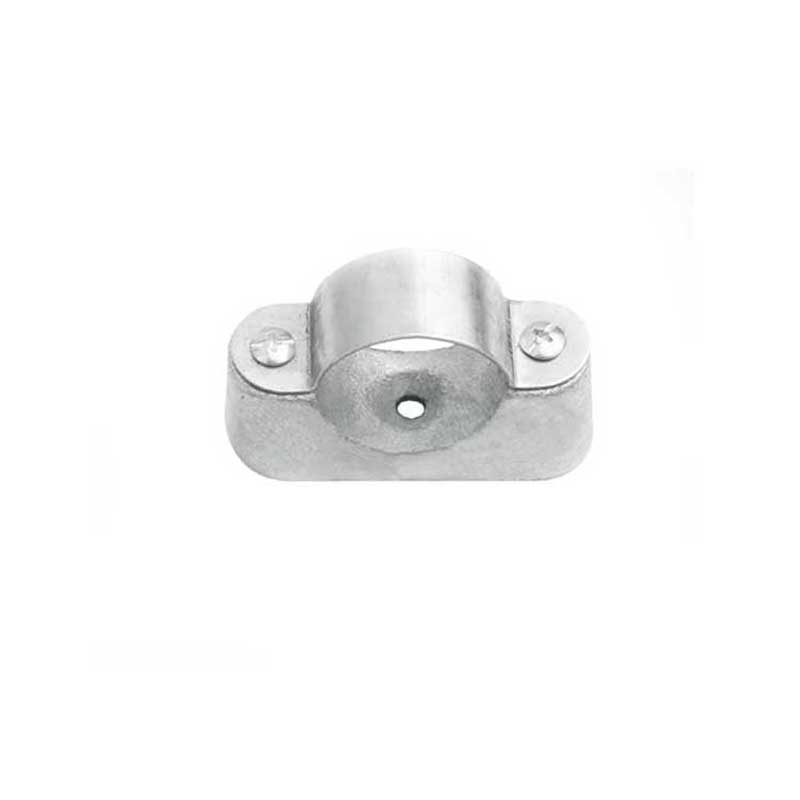NEWTON — The town may soon deploy swordfish to search its water lines for lead pipes, as it seeks to remove the hazardous metal from its more-than-century-old water system.
"Swordfish" is the brand name of a device that looks similar to a plumber's snake used to clear drain clogs. A swordfish, however, has a probing wire tipped with an electrical device that, when it touches the insides of a pipe, can tell whether it is made of lead, copper, galvanized steel or plastic. Cable Conduit Tube

High lead levels in drinking water can cause a range of health problems, including lasting damage to brain development in children. Gov. Phil Murphy signed a law in 2021 that requires community water systems in New Jersey to identify all lead service lines, notify the public about their presence and then replace those pipes by 2031.
Newton's water system owns the water lines that split off its water mains up to the connection to individual property owner service lines. It is those final connecting lines that need to be tested throughout the town, potentially via Swordfish.
Those service lines are the responsibility of the individual property owners and could cost from $8,000 to $12,000 per line for replacement, town officials said at Monday's council meeting, though there is some state money available to defer the costs.
It's up to the town to identify those lead pipes, however, and officials said Monday that the Swordfish technology could make that process more efficient and less disruptive.
The council has scheduled a public hearing for its May 29 meeting on an ordinance to spend $90,000 for two of the devices. Without them, crews most often need to dig a hole in a lawn or through a sidewalk or road, to get to the connecting lines.
With the Swordfish, the operator can "fish" a wire through a connector box or main and reach a service line. The contacts are engaged and a readout identifies the material in the service pipe. A sample of the inside of the pipe is also taken by the probe and tested.
At Monday's meeting, Town Manager Tom Russo and Town Engineer Dave Simmons briefed the council on their progress and the need for the Swordfish technology. According to figures from manufacturer Electroscan Inc., a single Swordfish unit costs $78,000, plus training. However, two units cost just $90,000 for the pair.
Already, Newtown has identified about 1,000 town-owned service lines, but there are more than 1,700 more to be checked, Russo and Simmons said.
More:EPA announces new drinking water standards. How could NJ water systems be impacted?
Of the 1,000 service lines already investigated, all but 253 contained lead. Some of the branch lines need to be checked as well for the presence of lead piping and 62 of those have been "verified" as lead-free on both sides of the connection.
Water department supervisor Ken Jackel said the average cost to dig an inspection hole is $350 and the town has been using three employees each from the water and sewer department, augmented by DPW employees to do the inspection work now.
"We have run out of the 'low-hanging fruit', said Simmons. "Now, we need to do the field inspections."
A Swordfish can be operated by 1 to 2 person teams.
In addition to the cost in manpower and time of digging inspection holes, there is the post-inspection issue of replacing landscaping or structures which must be moved to get access to the service line connection. In the more urban section of town, notably along Spring Street, digging also requires jackhammers and refilling the inspection hole with dirt, asphalt or concrete.
There are additional costs as well in areas where the town needs to obtain permits from the state or Sussex County to do work on their highways to access service lines for visual inspection.
Jackel noted that in most locations, crews can access the service line through the property owner's water meter connection, eliminating the need to dig a hole in a lawn or sidewalk. In some areas, access to service lines can be made at curb-side waterline connection boxes.
The Swordfish apparatus has not been formally approved by New Jersey, but is approved in the states of New York and Pennsylvania. He also noted that the City of Baltimore is using the technology.
There is no prohibition against use of the device in New Jersey, Jackel said, adding, "It's up to us."
With the Swordfish units, the department estimated the crews could test 10-20 customers per day. Russo said he would like to get all the testing and inspection done within the next 18 months.
Newton's water system dates to 1895 and begins at Morris Lake in Sparta. There is a treatment plant at the dam which creates the reservoir.
The water main follows Sparta Glen Brook then moves underground along Sparta Road. There is only a couple of customers before the main line enters the town and branches out through 10-inch cast iron mains, feeding the branches which then feed individual service lines make connections to users.
After the presentation, the council voted to approve an ordinance which will go to first reading at the May 29 meeting. If approved at that meeting, a public hearing is likely to be scheduled for the June 10 council meeting after which the council could approve the purchase of units.

Galvanized Electrical Pipe Email: bscruton@njherald.com Twitter/X: @brucescrutonNJH